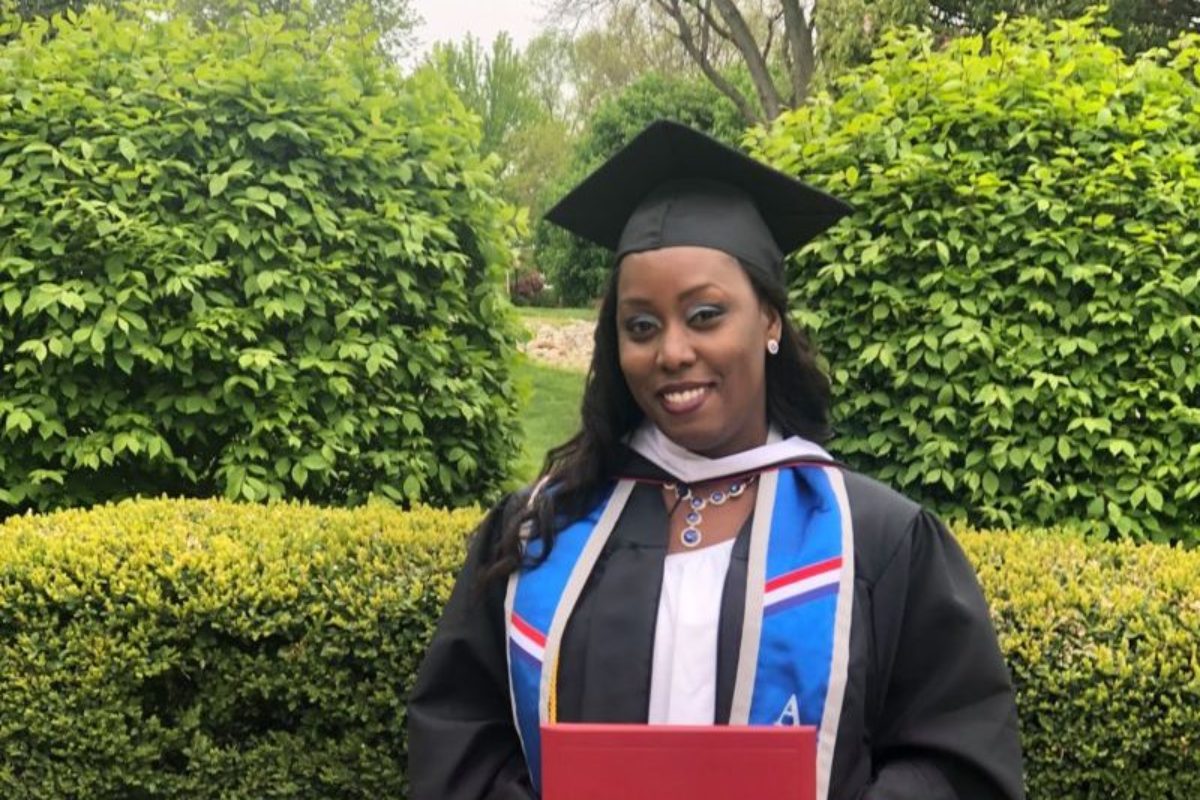“Walk it off.”
“Act like a man.”
“Toughen up.”
The concept of a “masculine man” has become a societal norm in America. Men have believed the narrative that they should always appear strong, stay tough, and never let their emotions make them weak. This concept has affected many groups of men, but the population that may experience this the most is men in the military. Online masters in counseling professor Miya Moore-Felton saw this firsthand before she ever got a mental health counselor degree. As a female leader in the air force for twenty years, she saw trends of domestic violence in the men under her care that began rising to the surface.
“I started to see patterns in the men under my leadership,” shared Moore-Felton. “Patterns that show a need for support. Long before my online masters of counseling experience, this theme was already evident to me.”
Many of the men Moore-Felton interacted with were victims of domestic violence without even knowing it. This led her to pursue a study that shed light on an incredible need that had not received much attention. Her study focused on domestic violence among heterosexual military men.
“During my time in the air force, I would see men with bruises and scars that most would assume came from a bar fight or some accident,” Moore-Felton said. “But really, they were being abused in the home.”
Because of the pressure from society, peers, and leadership, many men did not have the language or knowledge to express what they were going through. Their need to preserve a masculine image made it difficult for them to recognize the perpetration of emotional, physical, and mental abuse.
“There is a lot of shame and embarrassment that comes with domestic violence among men, especially men in the military,” shared Moore-Felton. “Some men are even mocked when they come forward.”
Sadly, many men are not encouraged to report their victimization. Shockingly, research shows that women report themselves as abusers more than men report being abused.
“Women recognize it in themselves before men even recognize it is happening to them,” Moore-Felton explains.
Moore-Felton explained that the medical and psychological screening for men and women lacks balance. She hopes that shedding light on this topic may begin to bring about change.
“When women go in for a medical or mental health appointment, one question that is often asked is ‘Are you experiencing abuse or mistreatment?’” Moore-Felton explained. “For men, this question is usually never asked.”
Moore-Felton was determined to create awareness in this area. As she studied, she submitted a proposal to speak at the American Mental Health Counselors Association (AMHCA) conference in June. The topic was incredibly interesting and impactful to the mental health professionals at the conference. After the speaking opportunity, the association reached out to Moore-Felton and asked her to write an article entitled Domestic Violence Against Military Men: Let’s Bring Equality to Screening and Prevention – by Miya Moore-Felton, APCC, AMFT for their Advocate magazine. She hopes this article can make an impact not only for her online masters in counseling students, but also for anyone who is interested in a mental health counselor degree.
“My hope is that this article will bring awareness and recognition for the men I know that are being abused,” says Moore-Felton. “Because this magazine goes to other mental health professionals, I hope that it can be a tool that leads to equity in abuse screening for men.”
Interested in reading the article? You can find it here on the AMHCA website. If you want to impact the world by becoming a mental health counselor with an online masters in counseling degree, learn more about Grace College today!




